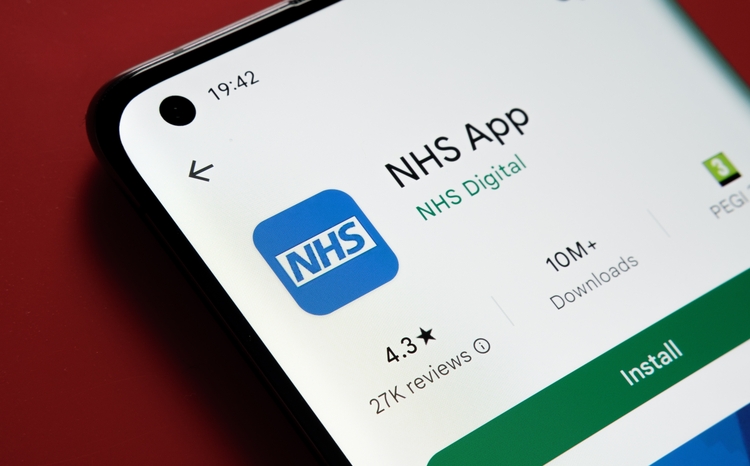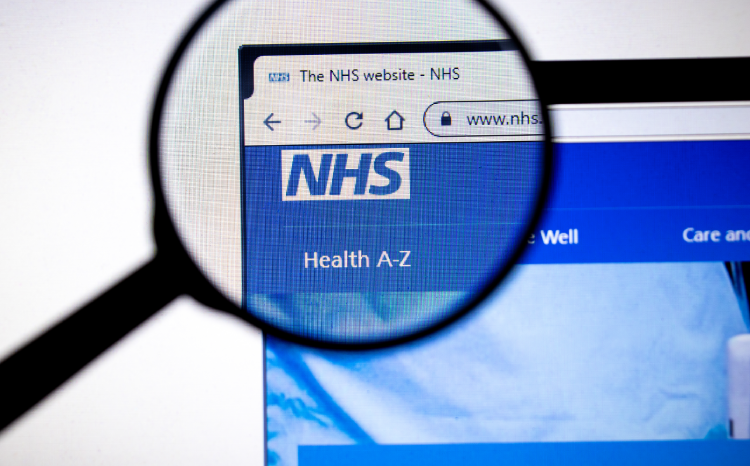Tinder to train patients online
- 25 September 2013

The Tinder Foundation has won a £1m contract to train 50,000 people to use online health services over the next six months.
NHS England issued a tender in July worth up to £2m to train 100,000 to use online health services as part of its Health Online Programme.
Tinder’s contract is to actively train 50,000 people, who will complete an online course being developed with NHS Choices. The programme will reach at least 100,000 people in total via events and campaigns.
Tinder Foundation’s chief executive Helen Milner said there are three elements to the programme.
The foundation already works with a network of 5000 UK online centres such as libraries and community centres via contracts it has with other government agencies to improve people’s digital skills.
As part of its contract with NHS England, it will provide these with e-learning tools and support for them to help people in their local community access digital health information.
“This is a core part of our bid because we already have that network established,” said Milner.
“They are in communities where there are higher numbers of people who don’t have basic digital skills.”
Of these 5000, up to 500 will become dedicated centres that will deliver specialist courses and events focused on helping people gain digital skills and look at health information online.
The third strand of the project is the creation of 15 flagship projects, which involve partnerships with other organisations to target those people who are excluded both digitally and in terms of their health outcomes.
Milner said the foundation had 22 potential partnerships in its bid to NHS England and is working to confirm the 15 that will go ahead. So far these include; the Bromley by Bow Health Centre; Southampton Library; and St Mungo’s: Help for homeless people, which has a number of centres around London.
With only seven months to deliver its aims, the project is kicking off “straight away”, working with NHS England to define the flagship projects and establishing the “digital health information network”, she explained.
Events will also be held next month as part of ‘get online week’.
Milner said a small number of the online centres are already in GP practices and the flagships will be encouraged to work with local GPs.
“We would like to link with health professionals as our expertise is in digital inclusion so we want them to bring their expertise on health inclusion and improving health outcomes,” she said.
Since this morning’s announcement, she has already been contacted by some GPs via Twitter who are keen to be involved.
The contract is currently until next March, with an option to be extended.
“Through events and campaigns we will be ensuring that 100,000 people understand that they can get access to health information online and do some simple transactions online,” Milner said.
“It’s definitely very good value for money for NHS England because its creating synergy with the digital skills work that we already do.”
Tim Kelsey, NHS England’s director of patient and information, described the project as, “one of the most significant initiatives to target inequality ever launched in the NHS”.




